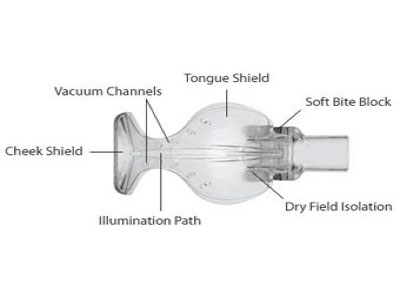This topic came about this month because of a call I received from an older gentleman whose wife was diagnosed with advanced osteoporosis. She needed implants and he had spoken to several doctors…all of whom were general practitioners and very qualified but all of whom he felt were not knowledgeable enough on the subject, and he wanted to know more. He asked where to go for a good opinion. I recommended an oral/maxillofacial surgeon. The point, however, is that this patient was prepared. He was really doing his homework. I was impressed. I asked him what prompted him to be so conscientious. He said his family doctor. Good call. I'm sure you will agree this was an unusual occurance. This doctor gracefully deferred to the dentist.
It is unfortunate that elderly patients often do not understand the correlation between the medications they take and their effect on dental treatments; or even the medical conditions they may have and their effects on dental health. Doctors and dentists do consult, but the root of the problem lies with the patient’s failure to fully disclose their medical issues beforehand. This because they have no idea that one problem has anything to do with the other…such as diabetes, which has an effect on gum disease or, osteoporosis, which can weaken the jawbone and cause issues during extractions, grafting and implant surgery.
So, how do we educate the patient and make them understand the importance of disclosure? Well, it appears that also falls on the dentist in most cases...if they dont tell, the dentist has to ask. It's difficult to teach an old dog new tricks. That said, we can offer educational pamphlets or articles, but more often than not a dentist will have to drag information out of them, because they come from a time when things were simple! They just don't understand the complexity of today's world.
Now, I have heard it said that a doctor is not a dentist, but a dentist has to be both! I'm sure you would agree.

